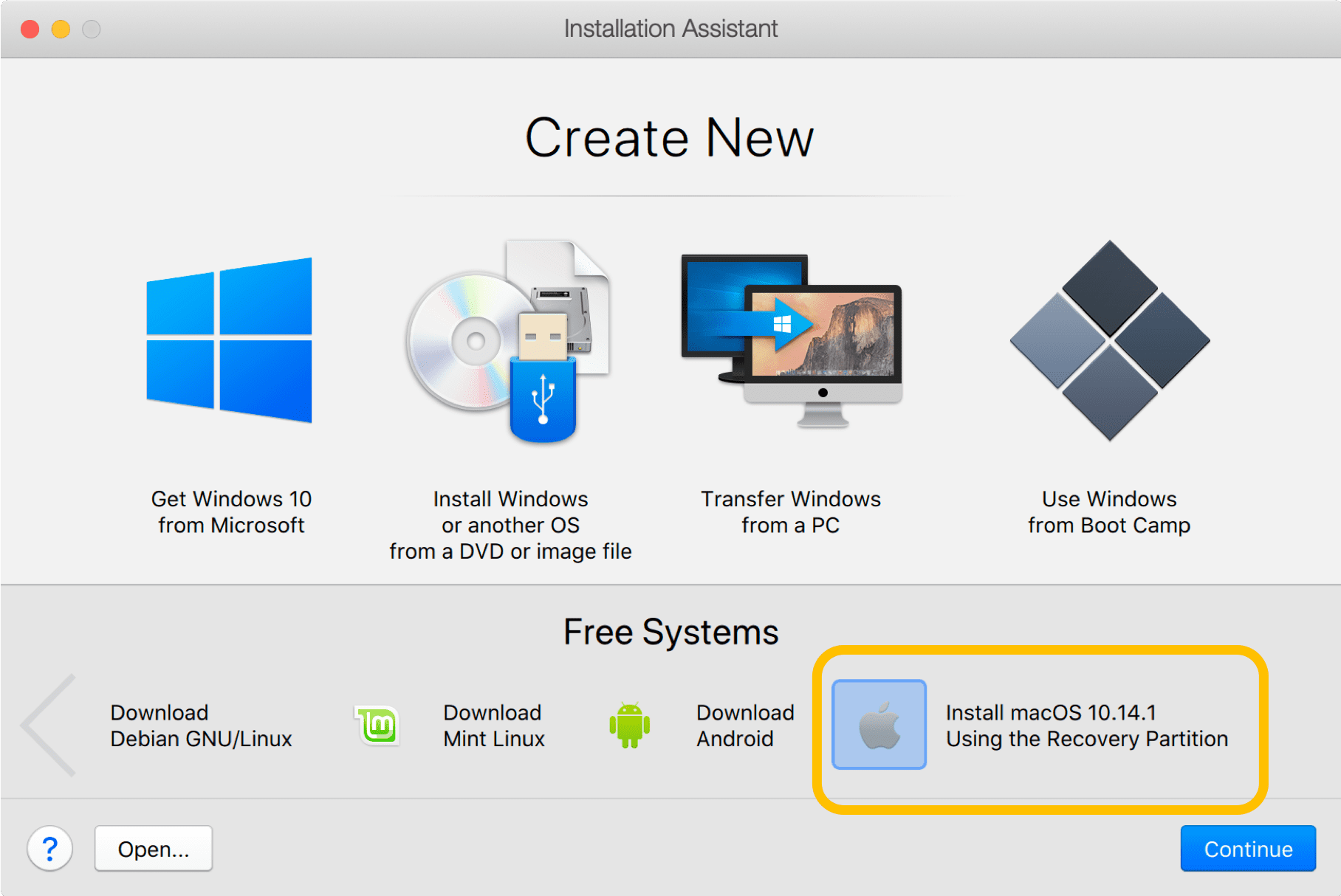Disk Utility User Guide
You can read and write to a disk image or change its size. For example, you can make a disk image smaller to save disk space or make it larger to store more information on it.
Macos Mojave Resize Partition Software
It's really easy to ‘partition' your Mac in High Sierra (if you have a flash or SSD) or in Mojave thanks of APFS. Multi messenger application. While you can still partition your Mac, you don't have to, you can just create an. How to fix APFS partition shrink errors. The culprit it seems are locally stored snapshots of Time Machine backups on my macOS High Sierra system partition. The fix is the following. Backup, Backup, Backup. As always, run a Backup of your system. Turn off Time Machine. Launch System Preferences. Select Time Machine. Uncheck Backup Automatically. If you have multiple partitions you need to be very careful what you delete. Correctly identify the name of the partition you want to delete, then execute the command line. To view all available partitions and volumes, run in Port command: disktil list. This tutorial is done on a beta version of a macOS Mojave, but it is compatible macOS High. How to create a bootable macOS Sierra installer drive; How to create a bootable macOS Mojave installer drive; Use the needed installer to boot up your system with the new drive present. Used Disk Utility to format and configure the drive partition and run the OS installer.
Up movie beginning. Note: To resize a disk image, first close the image by ejecting it, so it doesn't appear in the sidebar when you open Disk Utility.

In the Disk Utility app on your Mac, choose Images > Resize, select the disk image file you want to resize, then click Open.
Type a new size, then click Resize. Why wont my camera work.
